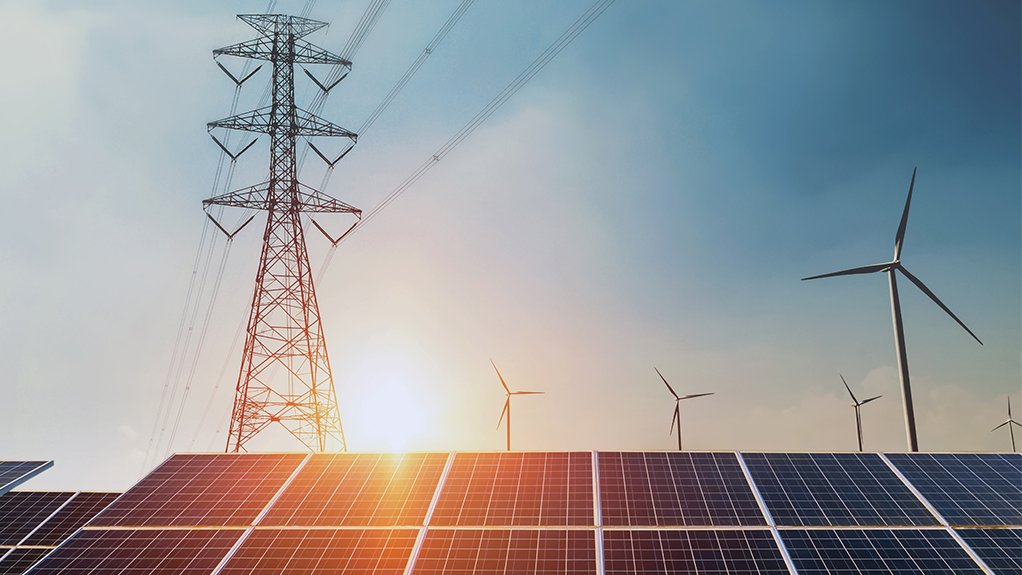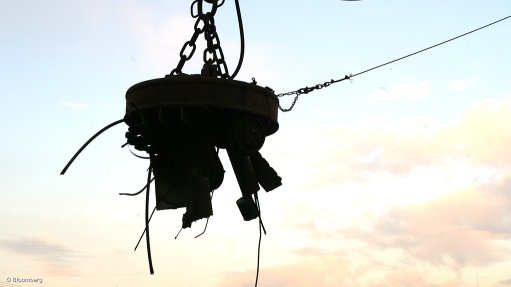World Bank proposes financing framework for developing countries' energy transitions
International finance institution the World Bank has proposed a new framework to help develop a comprehensive financing approach for the energy transition.
This comes as developing countries require an unprecedented transformation of power sector infrastructure, which includes scaling up of energy efficiency and renewable energy, as well as phasing down of coal-fired power generation.
The new framework, called "Scaling Up to Phase Down", serves as a roadmap to identify financing challenges.
Without the means to fund an energy transition and network infrastructure, developing countries often pay more for electricity; they cannot access energy efficiency or renewable energy projects; and are often locked into fossil fuel projects with high and volatile costs.
World Bank estimates that low- and middle-income countries host 89% of the estimated $1-trillion in global coal-fired power generation at risk of being stranded.
“To fund a just power transition will require much higher capital flows than are being mobilised currently, if the growing need for lower carbon electricity production is to be met,” says World Bank president David Malpass.
He adds that accelerating the energy transition toward lower-carbon sources, while providing reliable access to electricity for businesses and people will require verifiable emission reduction financing, close partnership with the private sector and significantly higher funding – especially concessional resources.
World Bank is supporting reforms to strengthen the energy sector and business environment, investments in new capacity and energy efficiency, grid upgrades to absorb intermittent renewables, and funding and technical support to address the social challenges of the transition.
The "Scaling Up to Phase Down" framework sets out the challenges facing developing countries that are seeking to transition their power sectors, including high upfront capital costs, locked-in agreements and weak institutional capacities.
The framework distills the energy transition into a “virtuous cycle” of six steps that are foundational for overcoming barriers to renewable energy.
The cycle starts with government leadership, which is translated to a supportive regulatory environment, increasingly capable institutions, and instruments to minimize risks, followed by transparent and competitive project allocation, which can deliver renewable energy that serves urgent needs, including energy security, energy affordability and jobs.
“Widespread energy transformation in developing countries requires continuous, strategic engagement and far more coordination among governments, investors and partners than exists presently,” says World Bank infrastructure VP Guangzhe Chen.
Chen adds that World Bank can play a vital role in getting the virtuous cycle started through supporting governments with low-cost and concessional climate finance for transition preparation, utility and network strengthening, and funding affordable clean energy investments.
The “Scaling Up to Phase Down” approach also offers solutions for the politically and financially complex challenge of phasing out coal-fired power.
Deeper planning can help mitigate stranded asset risks, while refinancing of coal plant liabilities can move retirement dates forward.
Workers and communities that base their livelihoods on the coal economy must be ensured a just transition, World Bank highlights. The bank also believes concessional support is needed to help countries capture more of the global benefits associated with coal phase-down as a global public good.
Article Enquiry
Email Article
Save Article
Feedback
To advertise email advertising@creamermedia.co.za or click here
Press Office
Announcements
What's On
Subscribe to improve your user experience...
Option 1 (equivalent of R125 a month):
Receive a weekly copy of Creamer Media's Engineering News & Mining Weekly magazine
(print copy for those in South Africa and e-magazine for those outside of South Africa)
Receive daily email newsletters
Access to full search results
Access archive of magazine back copies
Access to Projects in Progress
Access to ONE Research Report of your choice in PDF format
Option 2 (equivalent of R375 a month):
All benefits from Option 1
PLUS
Access to Creamer Media's Research Channel Africa for ALL Research Reports, in PDF format, on various industrial and mining sectors
including Electricity; Water; Energy Transition; Hydrogen; Roads, Rail and Ports; Coal; Gold; Platinum; Battery Metals; etc.
Already a subscriber?
Forgotten your password?
Receive weekly copy of Creamer Media's Engineering News & Mining Weekly magazine (print copy for those in South Africa and e-magazine for those outside of South Africa)
➕
Recieve daily email newsletters
➕
Access to full search results
➕
Access archive of magazine back copies
➕
Access to Projects in Progress
➕
Access to ONE Research Report of your choice in PDF format
RESEARCH CHANNEL AFRICA
R4500 (equivalent of R375 a month)
SUBSCRIBEAll benefits from Option 1
➕
Access to Creamer Media's Research Channel Africa for ALL Research Reports on various industrial and mining sectors, in PDF format, including on:
Electricity
➕
Water
➕
Energy Transition
➕
Hydrogen
➕
Roads, Rail and Ports
➕
Coal
➕
Gold
➕
Platinum
➕
Battery Metals
➕
etc.
Receive all benefits from Option 1 or Option 2 delivered to numerous people at your company
➕
Multiple User names and Passwords for simultaneous log-ins
➕
Intranet integration access to all in your organisation




















